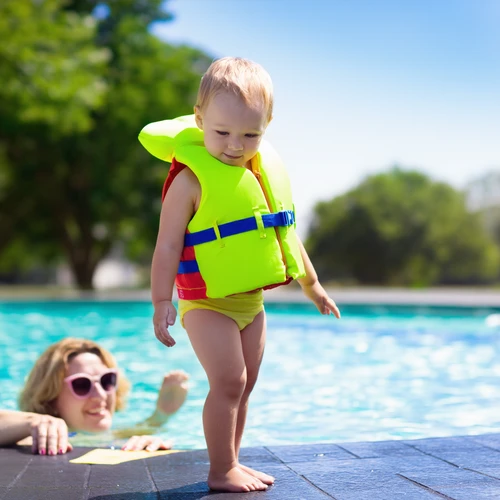Water safety is a crucial aspect of ensuring the well-being and preventing accidents around water. Whether you're at home or enjoying outdoor activities like swimming, boating, or fishing, understanding basic water safety practices can save lives.
Importance of Water Safety: Drowning remains one of the leading causes of accidental deaths worldwide for children aged 1 to 4 years. However, with proper supervision and safety measures, most tragedies can be prevented.
Understanding Risks:
- Near Drowning: This refers to survival after experiencing a drowning experience. Near-drowning incidents often result in serious long-term injuries or brain damage due to lack of oxygen.
- Aquatic Environments: Water safety isn't limited to swimming pools; it's relevant anywhere there's water, including lakes, rivers, and oceans.
Key Water Safety Tips for Parents: Supervision is critical. Children should always be within an arm's length of a responsible adult who can provide immediate assistance if needed.
Teaching children to swim early on can drastically reduce their risk of drowning. In addition, ensure they're familiar with pool rules and safety equipment like life jackets and floatation devices.
Lifesaving Devices:
- Life Jackets: Essential for boat trips or activities in open water. Ensure the jacket is properly fitted and approved by recognized safety organizations.
- Pool Fences and Covers: Physical barriers around home pools and spas prevent accidental entry, significantly reducing drowning risks.
Water Safety at Public Pools: Follow guidelines provided by the facility. For those who are not strong swimmers or children under a certain age, adhering strictly to these rules can be lifesaving.
Safety During Swimming Lessons:
- Enroll children in swimming lessons taught by certified instructors.
- Avoid assuming all swim programs are of equal quality; choose accredited ones that focus on water safety education as well as technique.
Emergency Preparedness:: Knowing how to perform CPR and having a first aid kit within reach can help in emergency situations. Being prepared reduces panic and provides the best chances of survival until professional help arrives.


